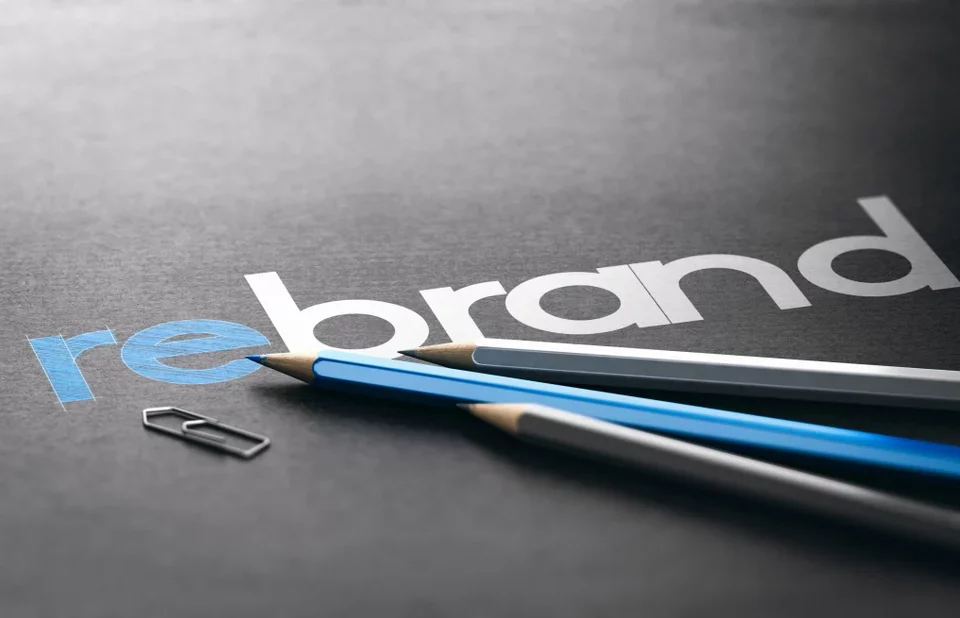Best and worst esports rebrands

Branding is a powerful business tool that can help to refresh the image of a company. A successful rebrand, which respects the brand’s legacy and core image, can be key to reaching new audiences and advertisers.
Changing a logo that fans cherish can be tricky and, if done wrong, can often disappoint and alienate fans of the organisation. The world of esports is no stranger to these rebrands, both good and bad, which gives this article plenty of material. In no particular order, Esports Insider lists the best and worst esports rebrands.
In January 2020, Fnatic unveiled a more minimalistic, simpler version of its logo making it the company’s third rebrand in 15 years. Based in the UK, Fnatic has a long and storied history within the global esports scene, such as being the inaugural League of Legends World Champion in 2011, and claiming CS:GO’s first Major in 2013.
The organisation’s legacy has led Fnatic’s brand to become highly recognisable. This was something the organisation was clearly aware of in 2020. The newer iteration didn’t make any major changes to the mascot, but smoothened out the edges, modernising the logo while honouring the brand’s legacy.
Fnatic’s orange colour scheme remained intact, and the main logo itself was modernised to make it more streamlined. As a result, the rebrand was met with praise from the community across social media platforms, including Reddit.
In 2018, Riot Games rebranded the premier European League of Legends (LoL) esports league, to the League of Legends European Championship (LEC). The LEC was renamed from the League of Legends European Championship (EU LCS) which was originally founded in 2013.
At this point the LCS was an integral part of the LoL ecosystem and whilst the change surprised some onlookers, it represented a fresh start for the league as new changes were introduced.
Alongside the name change, the former LCS logo was rebranded to what resembled a crown. The new LEC branding was revealed via a sizzle-reel video on November 20, 2018, with fan reactions to the rebrand being mostly positive.
With the rebrand, Riot Games discontinued the previous promotion and relegation format and picked 10 franchise teams from Europe to compete in the LEC every year. Riot later expanded European LoL esports to the Middle East, Turkey, Africa and CIS regions, renaming LEC to the League of Legends EMEA Championship while retaining the acronym.